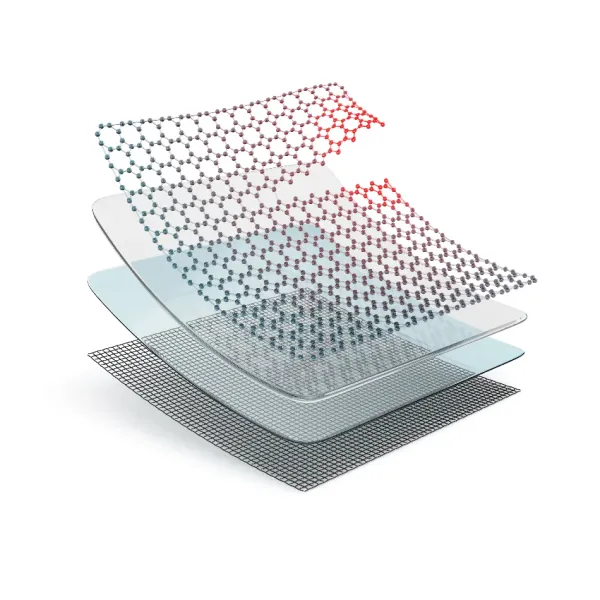
Chemistry
Self-Healing Polymers
Dive into the uses, mechanisms, and chemistry behind these cutting-edge materials, and the inevitable challenges that such creations might face in practice
Chemistry is the science of matter—its composition, properties, and transformations. It defines the principles behind interactions at the atomic scale, governing everything from simple chemical reactions to the complex industrial processes that drive modern civilization. From the intricate structures of organic compounds to the development of groundbreaking pharmaceuticals, chemistry drives innovation in fields that impact every aspect of modern life.


Chemistry
Dive into the uses, mechanisms, and chemistry behind these cutting-edge materials, and the inevitable challenges that such creations might face in practice

Chemistry
An introduction to the complicated life and contrasting legacy of the man behind the prizes.

Chemistry
Hydrogen powered cars present a sustainable transport alternative to electric cars. However, there are many questions to be answered: are they more environmentally friendly? Are they economically viable?
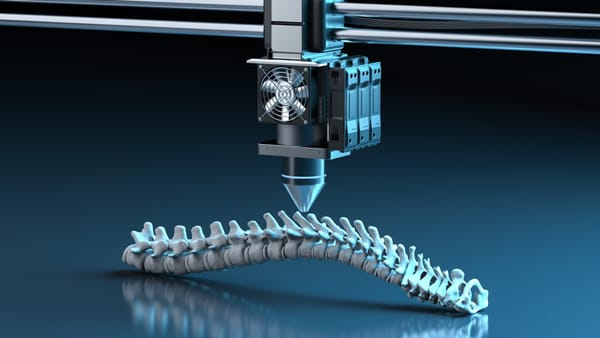
Medicine
How can 3D printing revolutionise the way we deal with implants and prosthetics in medicine?
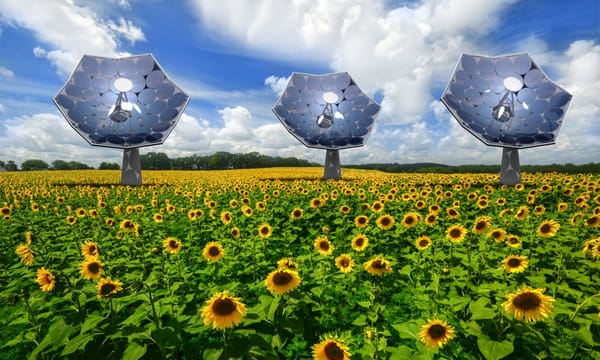
Chemistry
Solar power is the world’s fastest growing energy generation technology. Due to its many benefits, it is a very good candidate for replacing much of the fossil fuel power generation in use today. Currently, most solar panels are made up of silicon photovoltaic (PV) cells. However, there are countles
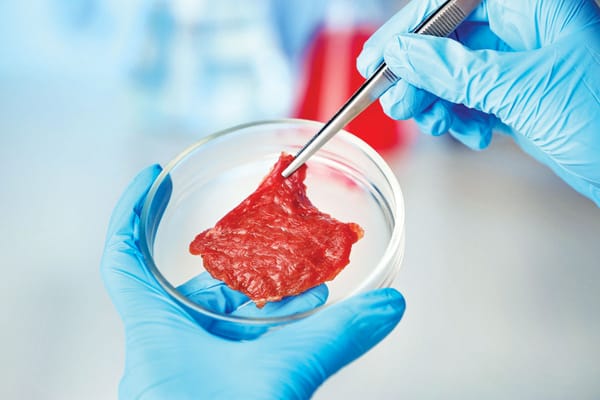
Biotechnology
In a world grappling with climate change, cultured meat emerges as a potential game-changer. Yet, amidst bold claims and high hopes, uncertainties loom. Will sustainable energy and efficient processes unlock its promise, or will unforeseen challenges keep the dream just beyond our grasp?

Chemistry
How Drinkable Is Your Water? The Reverse Osmosis Process Explained: Currently, one in four people in the world drink water contaminated with faeces. What’s more, one in three lacks access to safe drinking water, resulting in 165 million cases of Dysentery each year - the equivalent of half the
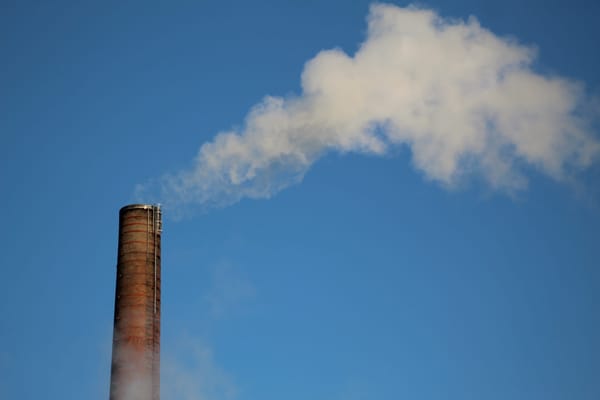
Chemistry
Sequestering Carbon Dioxide may hold the key to combatting Climate Change Much of the approach to combatting climate change has been about reducing emissions. However, this is not always entirely possible, for example in industries like aviation and agriculture we simply will not get emissions to zero in the near